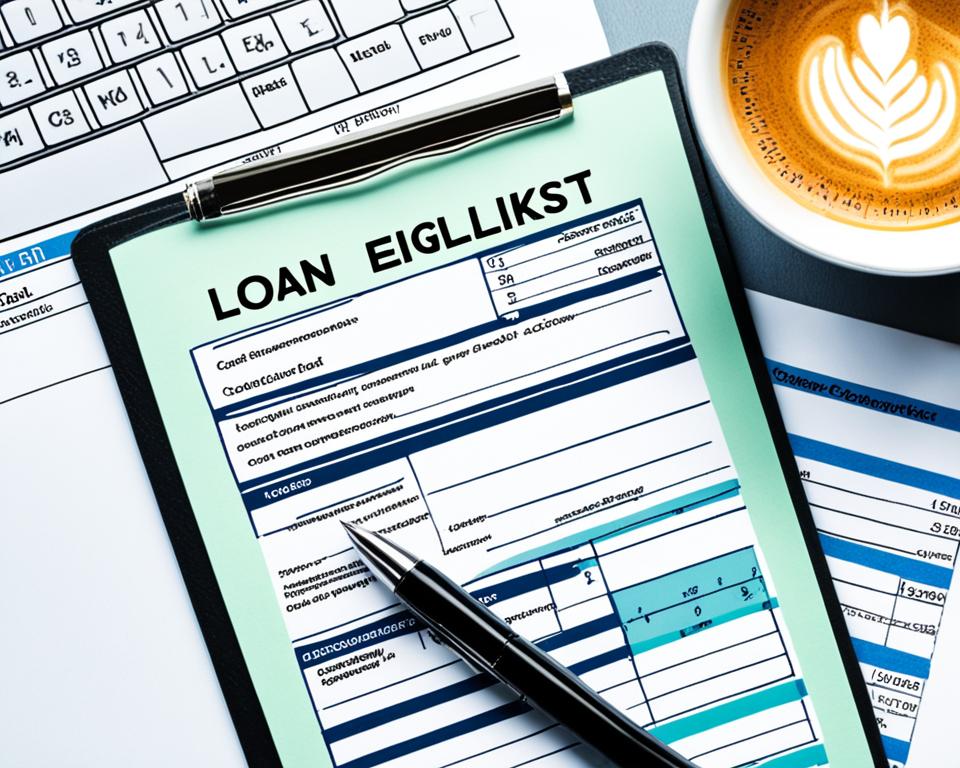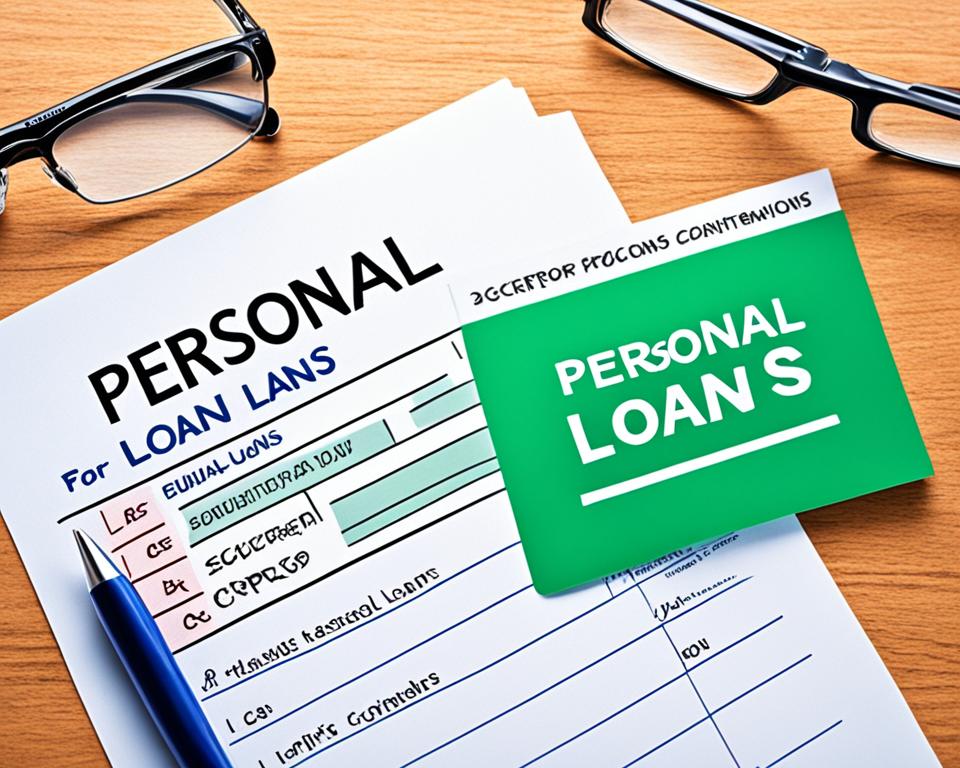Types of Personal Accounts: An Overview of the Different Options Available
One of the first decisions you’ll need to make when opening a personal account is determining what type of account is best suited to your needs.
There are several options available, each designed with different features and benefits. The most common types of personal accounts include checking accounts, savings accounts, and money market accounts.
A checking account is often used for day-to-day transactions and provides easy access to your funds. It typically comes with a debit card, which allows you to make purchases and withdraw cash from ATMs. Some checking accounts may offer additional features such as online banking and mobile banking, making it convenient to manage your finances on the go.
On the other hand, a savings account is designed for longer-term goals and allows you to earn interest on your balance. It is ideal for setting aside money for emergencies, future expenses, or specific financial goals. Interest rates on savings accounts tend to be higher than those on checking accounts, but they may have limitations on the number of withdrawals you can make each month. Finally, a money market account bridges the gap between checking and savings accounts. It typically offers higher interest rates than a traditional savings account and may require a higher minimum balance. Overall, the type of personal account you choose will depend on your financial needs and goals.
Opening a Personal Account: Step-by-Step Guide to Getting Started
The first step in opening a personal account is to conduct thorough research and comparison of different banks or financial institutions. Consider factors such as fees, interest rates, accessibility, and customer service. Look for banks with a good reputation and a solid track record. Take note of any promotions or offers that are currently available, as these can provide additional benefits.
Once you have chosen a bank, visit their website or contact their customer service to gather information about the account opening process. Most banks will require you to fill out an application form, either online or in person at a branch. Provide accurate and complete information to avoid delays or complications. You will also need to provide identification documents such as a valid passport or driver’s license, proof of address, and your social security number or tax identification number. After submitting your application, it will be reviewed by the bank, and you will be notified of the outcome. If approved, you will receive your account details and can start using your personal account for various banking transactions.
Features and Benefits of Personal Accounts: What to Expect
When considering a personal account, it is important to be aware of the features and benefits that are typically associated with these types of accounts. One key feature is the ability to have a designated account for personal use, separate from any business or joint accounts. This allows individuals to effectively manage their personal finances and keep track of their expenses and savings.
Personal accounts also often come with a range of benefits that can make banking more convenient and efficient. These benefits may include access to online and mobile banking services, allowing account holders to conveniently manage their finances from anywhere at any time. Additionally, personal accounts may come with features such as overdraft protection, which provides a safety net for unexpected expenses or emergencies. Overall, personal accounts offer a variety of features and benefits that can help individuals effectively and conveniently manage their money.
Managing Your Personal Account: Tips for Efficiently Handling Finances
Once you have opened a personal account, it is important to effectively manage your finances in order to ensure your financial well-being. One key tip for efficiently handling your personal account is to create a budget. By setting a clear budget, you can keep track of your income and expenses, allocate funds for different purposes such as bills, savings, and discretionary spending, and avoid overspending or accumulating unnecessary debt. Make sure to regularly review and adjust your budget as needed to reflect any changes in your financial situation or goals.
Another important aspect of managing your personal account is staying organized. This can involve keeping track of your transactions, including deposits, withdrawals, and payments, either through a mobile banking app, online banking portal, or by maintaining a physical record. By doing so, you can easily monitor your spending patterns, identify any discrepancies, and ensure that your account remains accurate and up-to-date. Additionally, staying organized can help you track your progress towards your financial goals and make informed decisions about your financial priorities.
Personal Account Fees and Charges: Understanding the Cost Involved
Personal account fees and charges play a crucial role in understanding the cost involved in maintaining a personal bank account. These fees can vary from one bank to another, so it is essential to compare and analyze the fee structures before selecting a personal account. Most banks charge monthly maintenance fees, which are typically a fixed amount. Additionally, some accounts may have transaction fees for certain types of transactions, such as transfers to other banks or international transfers. Overdraft fees, if applicable, can also add up if you exceed your account balance. It is important to carefully review the fee schedule and terms and conditions provided by the bank to avoid any surprises and ensure you are aware of the potential costs associated with your personal account.
Apart from the standard fees, banks may also offer additional services that come with separate charges. These services could include overdraft protection, check printing, or wire transfer services. While these services may incur additional costs, they can provide convenience and added security for your financial transactions. It is advisable to evaluate your banking needs and determine whether the additional services are necessary for your financial management. Understanding the fees and charges associated with a personal account can help you make an informed decision and choose a bank that aligns with your financial goals and preferences.
Personal Account Security: Measures to Safeguard Your Funds
Personal account security is a crucial aspect of managing your finances effectively. To safeguard your funds and protect yourself from potential fraud or unauthorized access, banks employ various measures to ensure the security of personal accounts. One common measure is the use of multi-factor authentication, which requires users to provide multiple forms of identification, such as passwords, security questions, or biometric data, to gain access to their accounts. This layered approach adds an extra level of security and makes it more difficult for hackers to access your personal information or carry out unauthorized transactions.
In addition to multi-factor authentication, banks also implement robust encryption protocols to secure the transmission of data and protect sensitive information. Encryption converts data into a coded format that can only be deciphered with the appropriate decryption key, making it virtually impossible for hackers to read or manipulate the information while it is in transit. By using advanced encryption algorithms, banks ensure that your personal account details remain safe and secure, even when you are accessing your account online or conducting transactions through mobile banking apps. Overall, these security measures play a vital role in safeguarding your funds and ensuring the integrity of your personal account.
Personal Account Services: Additional Offerings to Enhance Your Banking Experience
Many banks offer a range of additional services to enhance the banking experience for personal account holders. One such service is online and mobile banking, which allows customers to conveniently access their accounts, perform transactions, and manage finances from the comfort of their own homes or on the go. With the increasing integration of technology into our daily lives, online and mobile banking provides a seamless and efficient way to handle banking needs. From checking account balances to transferring funds and paying bills, the convenience and accessibility of these digital platforms have revolutionized the way we interact with our personal accounts.
Another popular service is the availability of personalized customer support. Many banks offer dedicated customer service representatives who are trained to assist personal account holders with any queries or issues they may encounter. Whether it’s navigating the online banking platform, resolving a transaction discrepancy, or simply seeking advice on financial matters, having access to knowledgeable and helpful customer service can greatly enhance the overall banking experience. These representatives are often available through various communication channels, such as phone, email, or live chat, ensuring that customers can easily reach out for assistance whenever they need it.
Personal Account Accessibility: Exploring Various Channels for Banking Transactions
When it comes to personal account accessibility, modern banking has made significant strides in offering convenience and flexibility. Gone are the days when one had to physically visit a bank branch for every single transaction. Today, individuals have a myriad of channels at their disposal, allowing easy access to their personal accounts anytime, anywhere.
One of the most common channels for banking transactions is online banking. Through internet banking platforms, customers can conveniently manage their personal accounts and perform various financial activities, such as checking balances, transferring funds, paying bills, and even applying for loans. With just a few clicks, individuals can have a comprehensive view of their personal account information and conduct transactions securely from the comfort of their own homes or while on the go. Moreover, online banking offers round-the-clock availability, ensuring customers have access to their personal accounts whenever they need it.
Choosing the Right Personal Account: Factors to Consider Before Making a Decision
Choosing the right personal account is an important decision that can have a significant impact on your banking experience. There are several factors to consider before making a final decision.
Firstly, you need to assess your banking needs and objectives. Are you looking for a simple account to manage your day-to-day expenses, or do you require additional services like an overdraft facility or investment options? Understanding your needs will help you narrow down your options and find an account that aligns with your financial goals.
Secondly, it is crucial to compare the fees and charges associated with different personal accounts. Some banks may offer accounts with low or no monthly fees, while others may have higher fees but provide value-added services. Consider your usage patterns and evaluate whether the benefits outweigh the costs. Additionally, it is essential to look into any potential hidden costs or charges that may arise in the future.
By carefully considering these factors and researching the various personal accounts available, you can make an informed decision that suits your financial needs and goals. Remember to take your time, ask questions, and seek advice if necessary. Choosing the right personal account can enhance your banking experience and help you manage your finances more efficiently.
By delving into each of these subtopics, you will gain a comprehensive understanding of what a personal account in banking entails and how it can benefit you.
Types of Personal Accounts: An Overview of the Different Options Available
Understanding the various types of personal accounts available is essential to make informed financial decisions. Whether you’re looking for a basic savings account, a checking account with added benefits, or a specialized account designed for specific needs such as student accounts or retirement accounts, having a clear understanding of the options will help you choose the right account for your specific needs. By exploring the different types of personal accounts, you can assess their features, benefits, and limitations, allowing you to find the account that aligns with your financial goals and lifestyle.
Opening a Personal Account: Step-by-Step Guide to Getting Started
The process of opening a personal account may seem overwhelming, but with a step-by-step guide, it becomes much simpler. It typically involves gathering necessary documentation such as identification and proof of address, selecting the financial institution that suits your requirements, and filling out an application form. Many banks now offer online account opening services, allowing you to conveniently complete the process from the comfort of your home. Understanding the steps involved will help you navigate the process smoothly, ensuring that you have a personal account up and running in no time.




